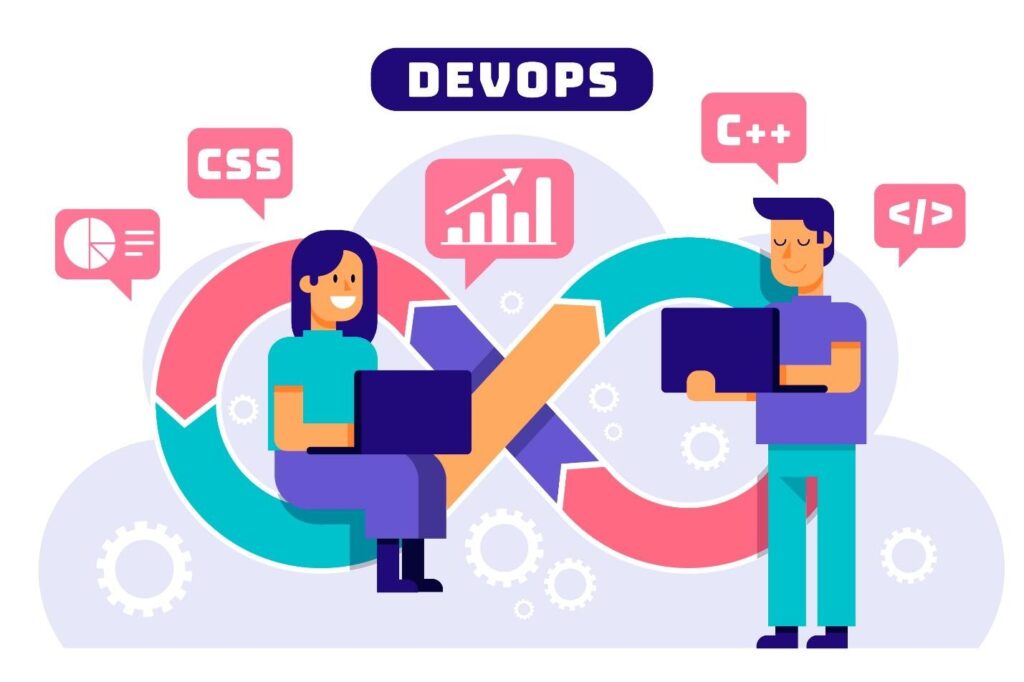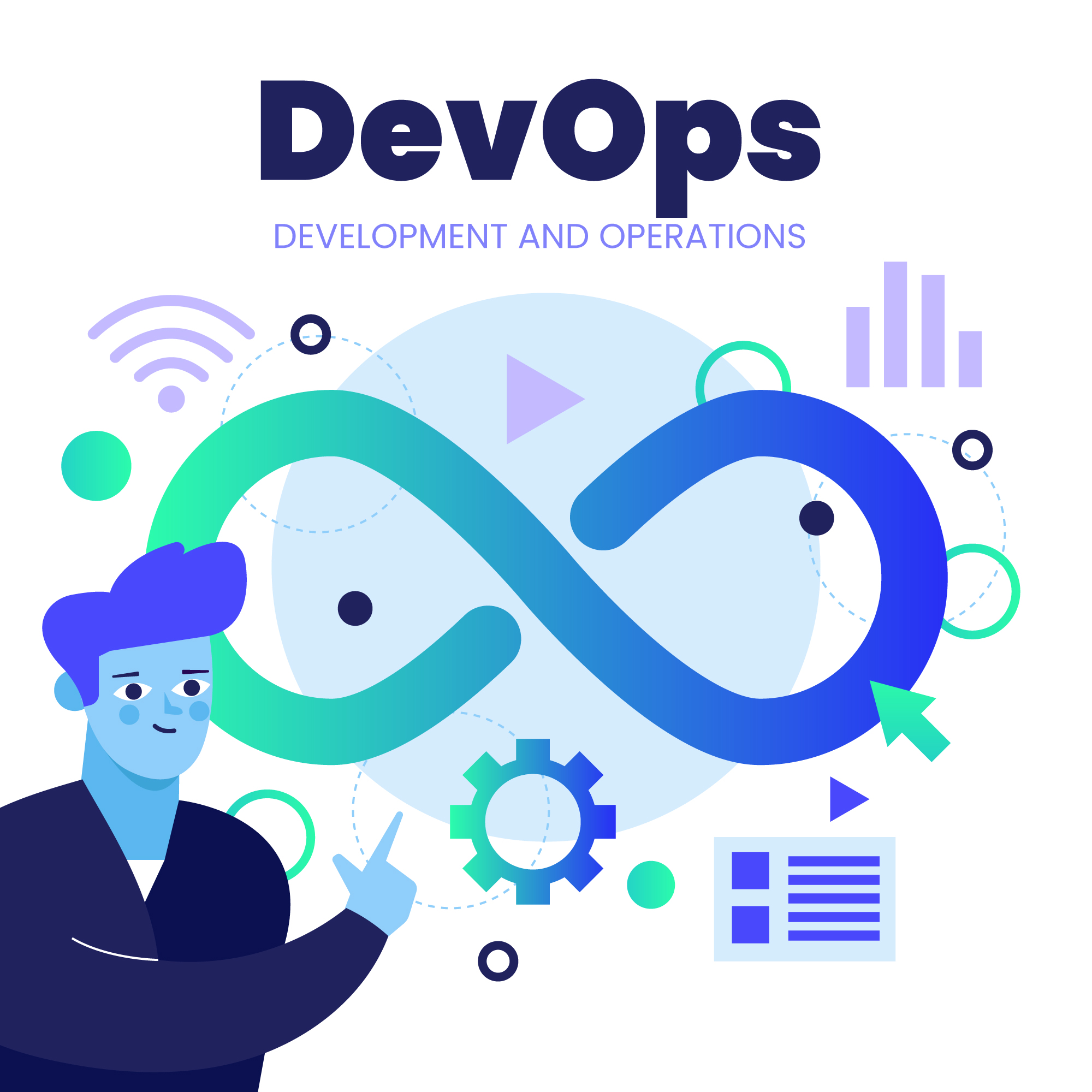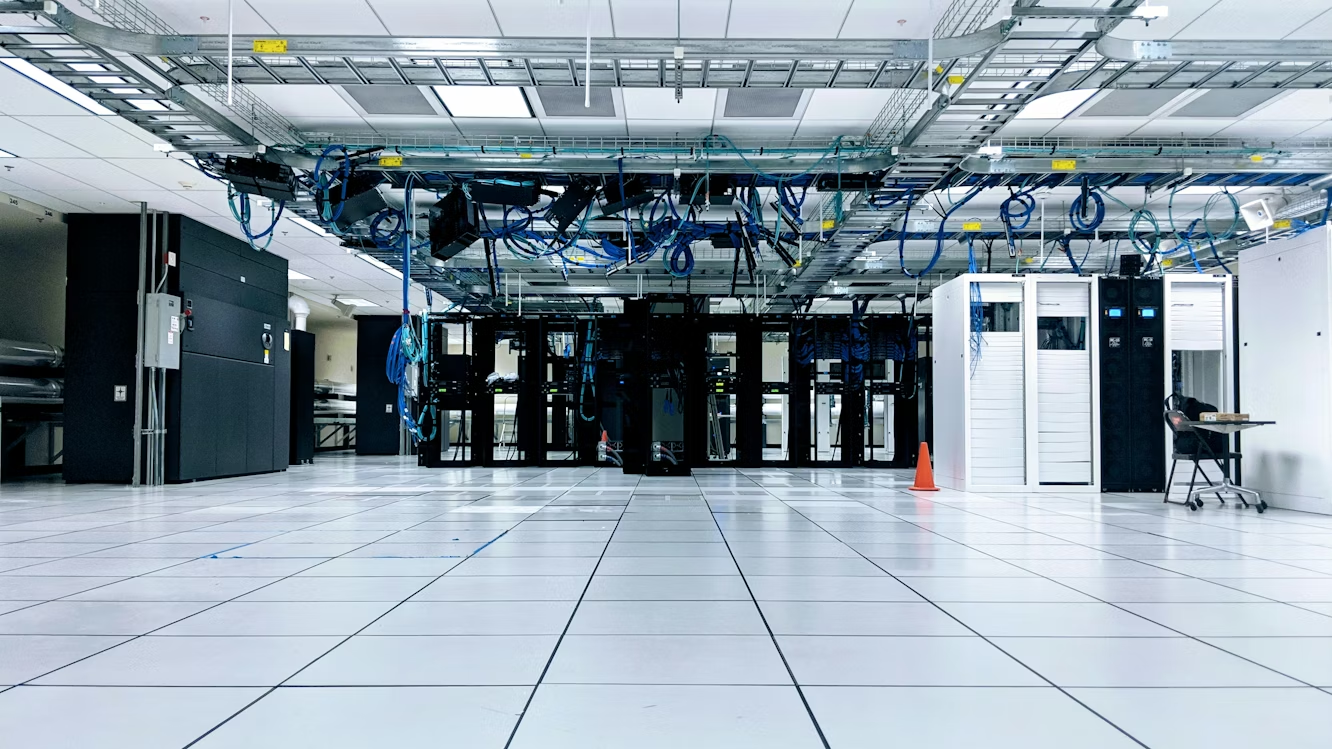In an era where software delivery speed, reliability, and scalability are non-negotiable, being a successful development ops engineer means mastering more than just tooling. If you’re aspiring to become a DevOps engineer, this article will walk you through the real skills you need today, answer common questions, and show how a partner like Tambena Consulting can help your business leverage these skills.
Why do many development ops engineers struggle
You may have landed in a role labelled “development ops engineer” or “devops engineer” and yet feel uncertain about what skills truly matter. Here’s the problem:
1. The specialist trap
Many organisations hire for DevOps but expect a narrow skill-set (e.g., just CI/CD pipelines). That means someone becomes a “pipeline jockey” rather than a holistic systems thinker.
2. The pace and complexity of modern ecosystems
With cloud-native, microservices, containers, infrastructure-as-code, observability and rapid release cycles, the landscape changes fast. Being a development ops engineer today requires staying on top of tools and architecture and culture.
3. The business-technology gap
It’s not enough to know how to spin up a Kubernetes cluster; you must ask: how does this deliver business value? Many roles still lack that alignment.
If you recognise any of these frustrations, you’re not alone. Let’s dig deeper.
The consequences of missing key skills
If you as a development ops engineer don’t evolve, you face several risks:
- Releases take too long, and production incidents happen more often.
- Teams stay siloed (development vs operations), hampering collaboration and innovation.
- The organisation’s infrastructure becomes brittle, hard to change, costly to maintain.
- You may find your career plateauing while peers who adopt newer skill sets surge ahead.
Those are real issues. But the good news is: you can tackle them with the right skill-set and strategy.
The must-have skills for today’s development ops engineer

Here we transition to the solution: the key areas you should master to thrive as a development ops engineer (also often referred to as a devops engineer or developer ops engineer). Below are the essential skill domains, each with actionable focus areas:
1. Infrastructure as Code and Automation
As a development ops engineer, you must be comfortable designing and maintaining infrastructure via code. Why? Because manual configuration doesn’t scale, is error-prone and blocks continuous delivery.
Key practices:
- Write reusable infrastructure modules.
- Version control your infrastructure definitions (Git).
- Automate environment provisioning and tear-down (e.g., test/dev/stage/production).
- Integrate with CI pipelines so that infrastructure changes go through code review, testing, and rollout just like app code.
2. Continuous Integration / Continuous Deployment (CI/CD)
A core skill for any development ops engineer or developer ops engineer role is setting up and maintaining robust CI/CD pipelines. That means:
- Automated builds, tests, security scans.
- Automated deployments (blue/green, canary releases) and rollback strategies.
- Monitoring pipeline health and drive metrics (build success rate, deployment frequency, lead time).
When done right, you move from slow, risky releases to fast, confident delivery.
3. Cloud and Containerisation
Most organisations now run workloads in cloud or hybrid environments; familiarity with cloud services (AWS, Azure, GCP) and containerization (Docker, Kubernetes) is critical.
As a development ops engineer, you should learn to:
- Architect applications to run in containers and orchestrators.
- Design cloud resources with scalability, cost-efficiency and security in mind.
- Build resilience: auto-scaling, fault tolerance, multi-region, backups.
- Understand networking, storage, and identity in the cloud context.
4. Monitoring, Logging and Observability
Deployments are only part of the job. A mature development ops engineer sets up observability so you know what’s happening in real time. Skills include:
- Collecting logs, metrics and traces (ELK stack, Prometheus, Jaeger, etc).
- Setting up dashboards, alerts and anomaly detection.
- Root-cause incident analysis and post-mortem culture.
- Feedback loops: using data to improve reliability, performance and cost.
5. Collaboration, Culture and SRE Principles
One of the biggest differentiators between average and outstanding development ops engineers is culture. Being a pipeline-jockey won’t cut it, you must foster collaboration between dev and ops, and drive a culture of shared responsibility.
Aspects to focus:
- Promote “you build it, you run it” mindset.
- Use Service Level Objectives (SLOs) and Error Budgets (borrowed from SRE) to drive reliability.
- Communicate across teams: dev, QA, product, operations, security.
- Facilitate continuous improvement: retros, blameless post-mortems, experimentation.
6. Security, Compliance and Cost-Efficiency
Today’s development ops engineer cannot ignore security and cost. You must design systems that are secure, compliant, and efficient. That means:
- Integrating security into the pipeline (DevSecOps): static code analysis, secrets scanning, vulnerability scanning.
- Automating compliance checks and policies (e.g., IAM policies, encryption at rest).
- Controlling cloud costs: tagging, rightsizing, budget alerts, cost reports.
- Understanding regulatory environments (GDPR, HIPAA, etc) if applicable to your business domain.
7. Business Alignment and Metrics-Driven Approach
Finally, the best development ops engineers are those who elevate technical work into business value. Skill areas:
- Define and track metrics that matter to the business (deployment frequency, mean-time-to-restore, customer-impact incidents).
- Translate infrastructure improvements into cost savings, faster time-to-market, higher customer satisfaction.
- Communicate in non-technical terms to leadership and stakeholders.
- Prioritise work based on business impact, not just technical urgency.
How to become a DevOps engineer?
Becoming a DevOps engineer involves:
- Learn foundational skills: scripting (Python, Bash), Linux system admin, networking basics.
- Build experience: start with version control (Git), CI/CD tools (Jenkins, GitLab CI), container technologies (Docker), then infrastructure as code (Terraform).
- Focus on culture: collaborate across dev & ops, adopt agile/lean practices, and continuously improve systems.
- Gain cloud expertise: pick one major cloud provider (AWS, Azure, GCP) and understand key services (compute, storage, networking, IAM).
- Monitor and measure: implement observability, metrics, and incident response.
- Get business savvy: learn how your infrastructure affects business outcomes, cost models, and customer experience.
- Certifications and portfolio: AWS Certified DevOps Engineer, Kubernetes certifications, personal projects or open-source contributions help.
- Keep evolving: stay updated with new tools, architectures (serverless, microservices), and cultural changes.
How Tambena Consulting Supports Your Business and Empowers DevOps Engineers
When you’re growing your team or lifting your infrastructure maturity, partnering with the right consultancy can accelerate progress. That’s where Tambena Consulting comes in.
Expert DevOps Solutions and End-to-End Support
Tambena Consulting offers full-cycle DevOps consulting services designed to streamline workflows and enhance security, as part of their broad software and web development services.
Key benefits:
- They bring in experienced teams of specialists in DevOps, cloud, database, automation, and infrastructure.
- They support rapid time-to-market with agile DevOps methodologies, boosting your release speed and productivity.
- They manage and optimize cloud operations so you can focus your internal team on core business value, not operations burden.
Elevating Your Infrastructure with Modern Practices
Working with Tambena Consulting means you can adopt the latest toolchains and cultural practices under guidance:
- Infrastructure as code, CI/CD pipelines, containerization, and observability, all aligned with business goals.
- Cost-efficient, scalable cloud services managed by experts.
- Security and compliance are built into the infrastructure from day one.
Tailored Engagement and Growth For Your Team
Whether you need full outsourcing or augmentation of internal staff, Tambena Consulting offers flexible models to suit your business size and maturity level. Ultimately, as you hire or train your own development ops engineer(s), you’ll benefit from the frameworks and systems they help set up, making your internal team more effective.
If you’re ready to transform your operations, lift your infrastructure maturity, and empower your team to deliver at a higher pace and reliability, contact Tambena Consulting for a free consultation. Your growth as a development ops engineer or the growth of your internal DevOps capability starts here.






